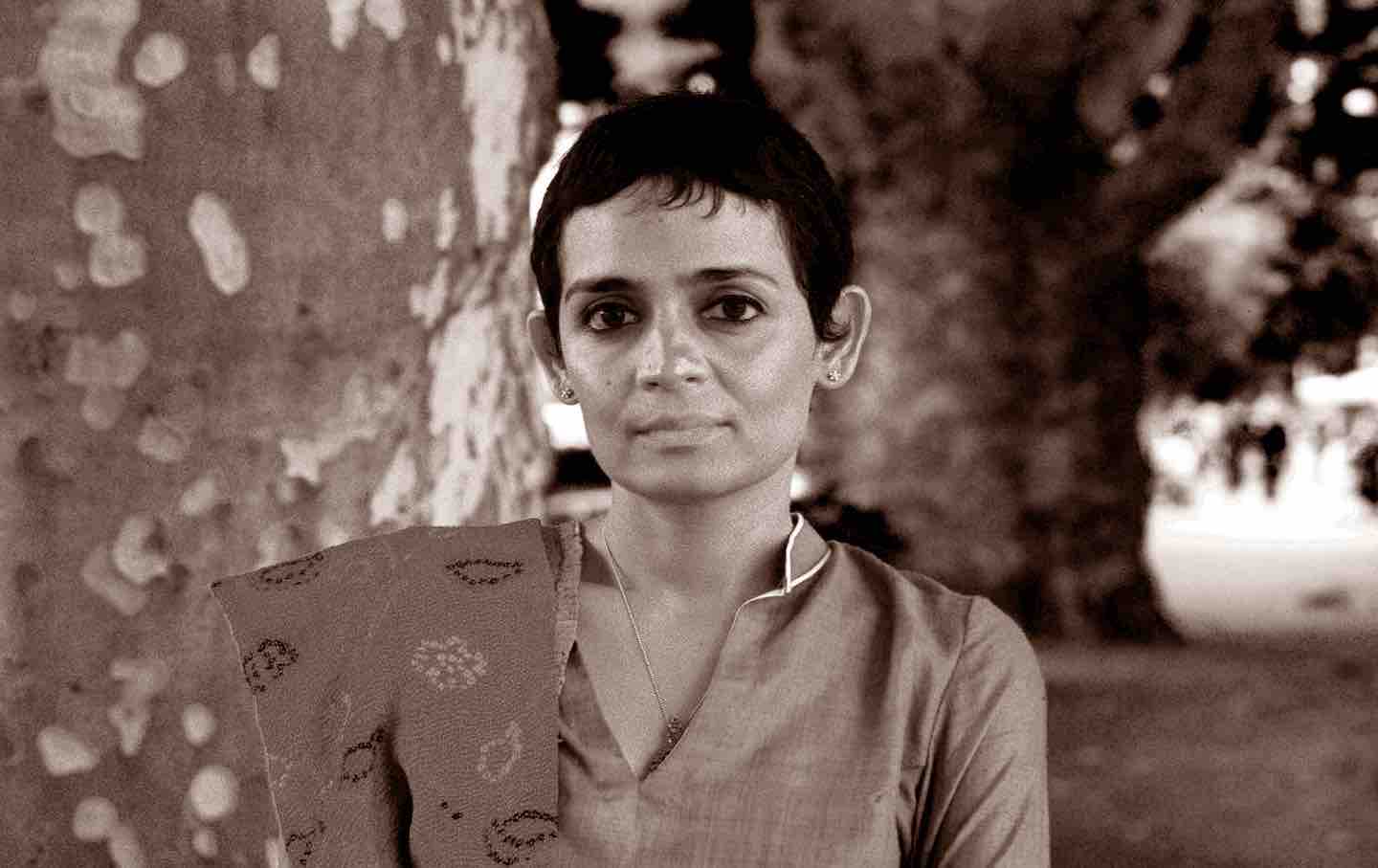
"After college, I took a long trip to India. The ostensible reason was to assist with a research project on the country's vast informal labor sector. But my personal reasons were both urgent and clichéd. Spending time in my parents' native country would cure me of an encroaching sense of existential displacement. Upon returning home, I would feel connected, confident, perhaps even slightly high on the fumes of India's glittering BRICS-utopia-to-come. This was the hope, at least."
"Over those six months between 2007 and 2008, in every corner of the country, I sensed a rabid hunger to turn the page on decades of deep-rooted corruption, entrenched inequality, maddening underdevelopment, and, perhaps above all else, a history of shame and disgust at what the world's biggest democracy had become. For many upwardly mobile Indians, the future couldn't arrive fast enough."
A post-college six-month trip to India combined research on the informal labor sector with a personal search for belonging. Observations across the country revealed widespread optimism for rapid economic transformation and frustration with corruption, inequality, underdevelopment, and national shame. Encounters with housemaids, trash pickers, and labor activists, plus Indian media, showed that development often threatened the underclass and ethnic and religious minorities. The rise of communal rage and political figures complicit in violence exacerbated vulnerabilities. Reading early collected nonfiction clarified issues such as nuclear jingoism, environmental destruction from dam projects, farmer suicides, Kashmir's rights crisis, the Naxalite conflict, and Narendra Modi's role in the Godhra events.
Read at The Nation
Unable to calculate read time
Collection
[
|
...
]